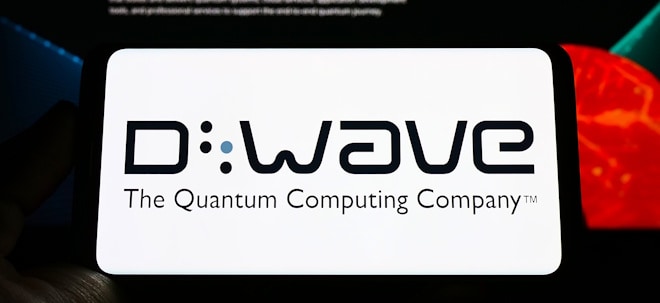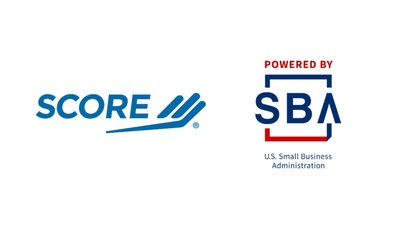How to Finance Your Business Startup
SCORE's expert mentors help new business owners weigh funding options—from personal investments to bank loans and beyond.
WASHINGTON, July 22, 2025 /PRNewswire/ -- Finding funding for your startup may be more complicated than you think. Before you launch your business, it's critical to evaluate how much funding you'll need—and how you can realistically access it. SCORE, the nation's largest network of volunteer business mentors, helps entrepreneurs navigate startup financing through free mentoring and educational resources.
SCORE helps entrepreneurs navigate startup financing through free mentoring and educational resources.Understand What Your Business Needs
Before exploring funding sources, new business owners should take time to assess their financial outlook. This includes estimating how much capital the business will require and determining whether that capital will come from debt financing (loans) or equity financing (investments). "Startup funding isn't one-size-fits-all," says Bridget Weston, CEO of SCORE. "Every entrepreneur's journey is unique, and the right financial strategy depends on the goals, resources, and timing of the individual business."
Debt Financing Options: Bank Loans and SBA Microloans
Startups with little or no track record may face challenges securing traditional bank loans, which typically start at $100,000. However, SBA-guaranteed microloans—some as low as $5,000—can be a more accessible alternative. These often require a personal guarantee, meaning the founder may be personally responsible for repayment.
Other Small Loan Possibilities
If traditional bank funding isn't a match, entrepreneurs might consider personal loans or nonprofit microloans. Based on income and creditworthiness, a personal loan could be used to cover business expenses. Meanwhile, nonprofit lenders may offer microloans to community-focused businesses or those with strong missions, often in the $5,000–$10,000 range.
Credit Cards: A Cautionary Tool
Business and personal credit cards can offer quick access to capital—but they come with risk. High interest rates and the potential to damage personal credit scores make this a high-stakes funding option. Business owners should use credit cards only if they can repay the balance promptly.
Equity Financing: Using Assets or Attracting Investors
Equity financing allows founders to tap into personal assets or attract outside investment. Options include:
- Home equity loans or lines of credit
- ROBS (Rollover for Business Startups) using retirement savings
- Friends and family contributions, structured as loans or equity stakes
Each option comes with unique risks and tax implications, so professional guidance is strongly recommended.
Alternative Funding Paths
Additional funding sources include:
- Crowdfunding platforms, where individuals support startup ideas
- Angel investors, who offer capital and mentoring
- Grants and awards from government and nonprofit organizations
These methods are often competitive and require strong business planning and communication skills.
Get Free Expert Help from SCORE
SCORE offers free, confidential business mentoring and a wealth of educational tools for entrepreneurs seeking business financing. "At SCORE, we help new business owners evaluate all their funding options," Weston adds. "From microloans and credit cards to angel investors and crowdfunding, our mentors can help you understand the pros and cons so you can make smart decisions."
Entrepreneurs interested in learning more about funding options can also attend live and on-demand SCORE webinars this month, featuring expert insights and practical guidance:
- "Loans, Grants and Other Funding Options for Small Businesses" – July 23 at 1 pm ET.
- "SBA Loan Opportunities for Small Businesses - Programs, Eligibility and How to Apply" on July 31 at 1 pm ET.
"No one should feel like they have to navigate startup funding alone," Weston continues. "SCORE provides free, personalized guidance so every entrepreneur has the tools they need to succeed."
Visit www.score.org to get matched with a mentor and start exploring your funding options.
About SCORE
Since 1964, SCORE has helped more than 17 million entrepreneurs start, grow or successfully exit a business. SCORE's 10,000 volunteers provide free, expert mentoring, resources and education in all 50 U.S. states and territories.
Funded [in part] through a Cooperative Agreement with the U.S. Small Business Administration.
CONTACT:
SCORE
202-968-6428
media@score.org
Visit SCORE's media resources to connect with expert small business interview sources and news updates.
![]() View original content to download multimedia:https://www.prnewswire.com/news-releases/how-to-finance-your-business-startup-302511003.html
View original content to download multimedia:https://www.prnewswire.com/news-releases/how-to-finance-your-business-startup-302511003.html
SOURCE SCORE



